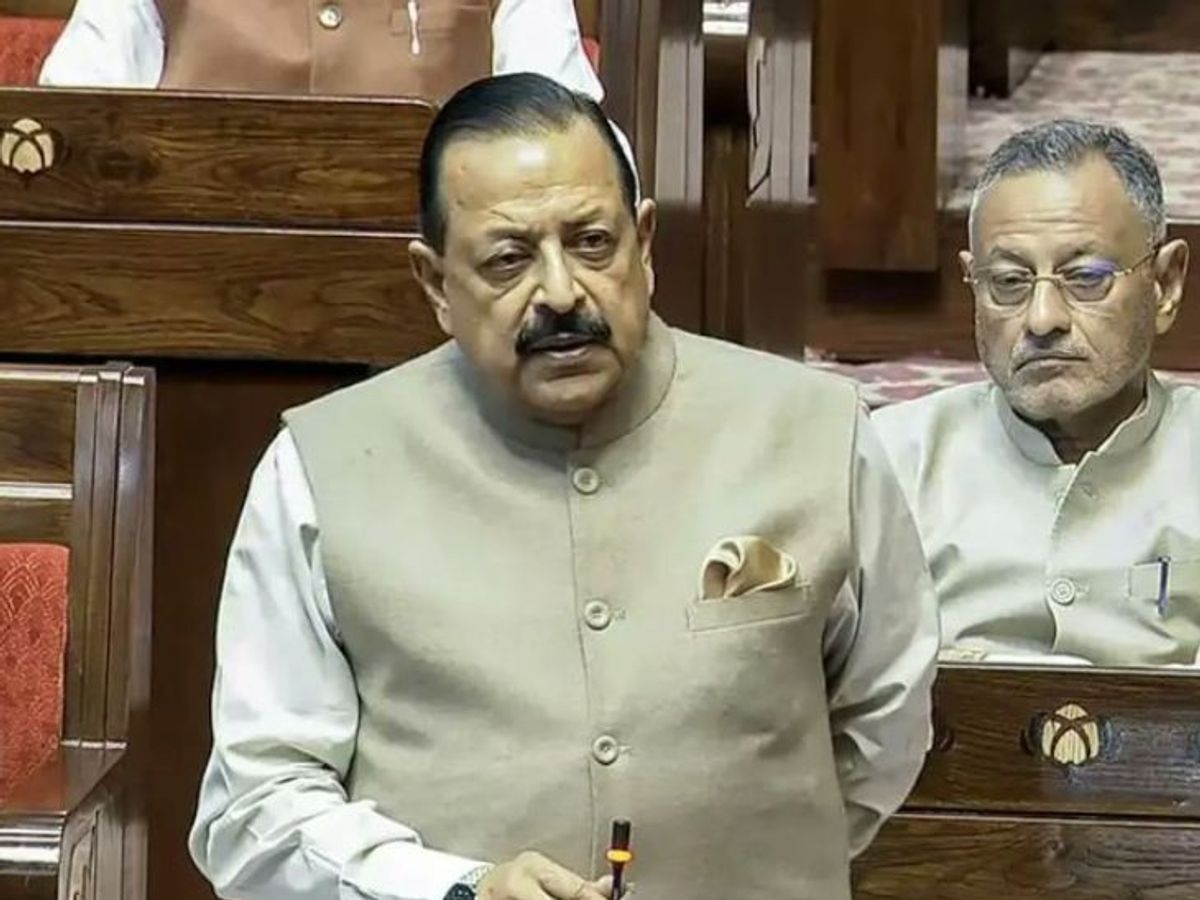
Recent policy changes have introduced a new leave entitlement for central government employees, allowing them to access up to 30 days of annual personal leave. This includes provisions for caregiving responsibilities, such as supporting elderly family members. Union Minister Jitendra Singh confirmed the update, emphasizing its role in balancing professional and personal obligations for government workers.
The revised leave policy aligns with the 1972 Central Government Employees’ Leave Rules, which outline specific categories of leave. These include annual leave, casual leave, and special leave, with the 30-day personal leave added to address modern work-life challenges. Employees can now request leave for caregiving, travel, or health-related reasons, ensuring greater flexibility in managing personal commitments.
The 1972 rules also specify exceptions for certain roles, such as those in security, military, or field operations, where leave may be restricted. However, the new policy expands accessibility for most civil servants, particularly those with caregiving duties. This adjustment reflects a growing recognition of the need for work-life balance in public sector employment.
Additional leave types, such as maternity, paternity, and sick leave, remain available under the existing framework. The credit/debit system for leave balances ensures employees can accumulate unused days for future use. This structure encourages responsible leave management while providing financial incentives for employees to plan their time effectively.
The policy change is expected to enhance job satisfaction and retention among central government employees. By addressing caregiving needs, it promotes a more inclusive and supportive work environment. Future updates may further refine leave provisions to align with evolving societal expectations and workforce dynamics.




